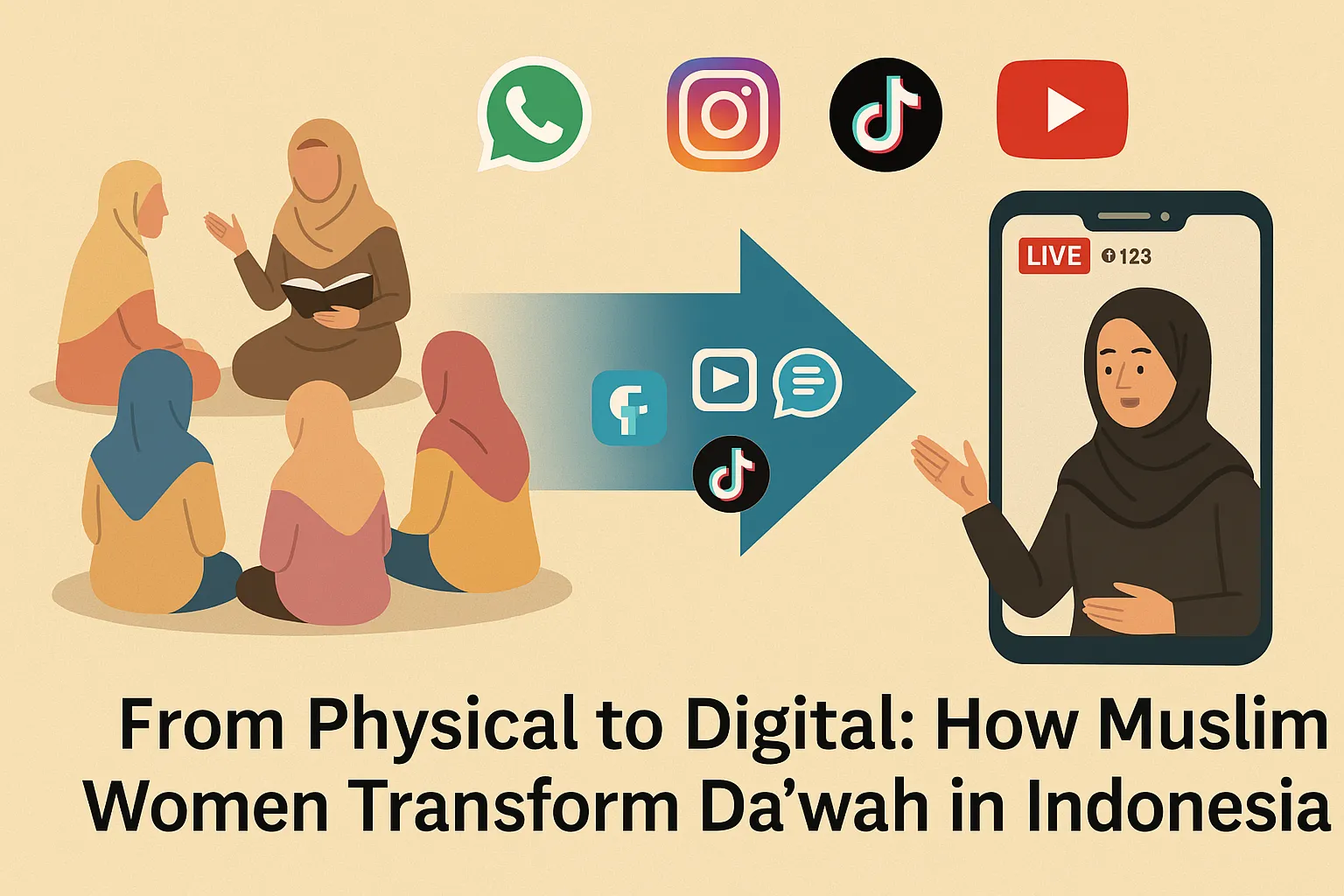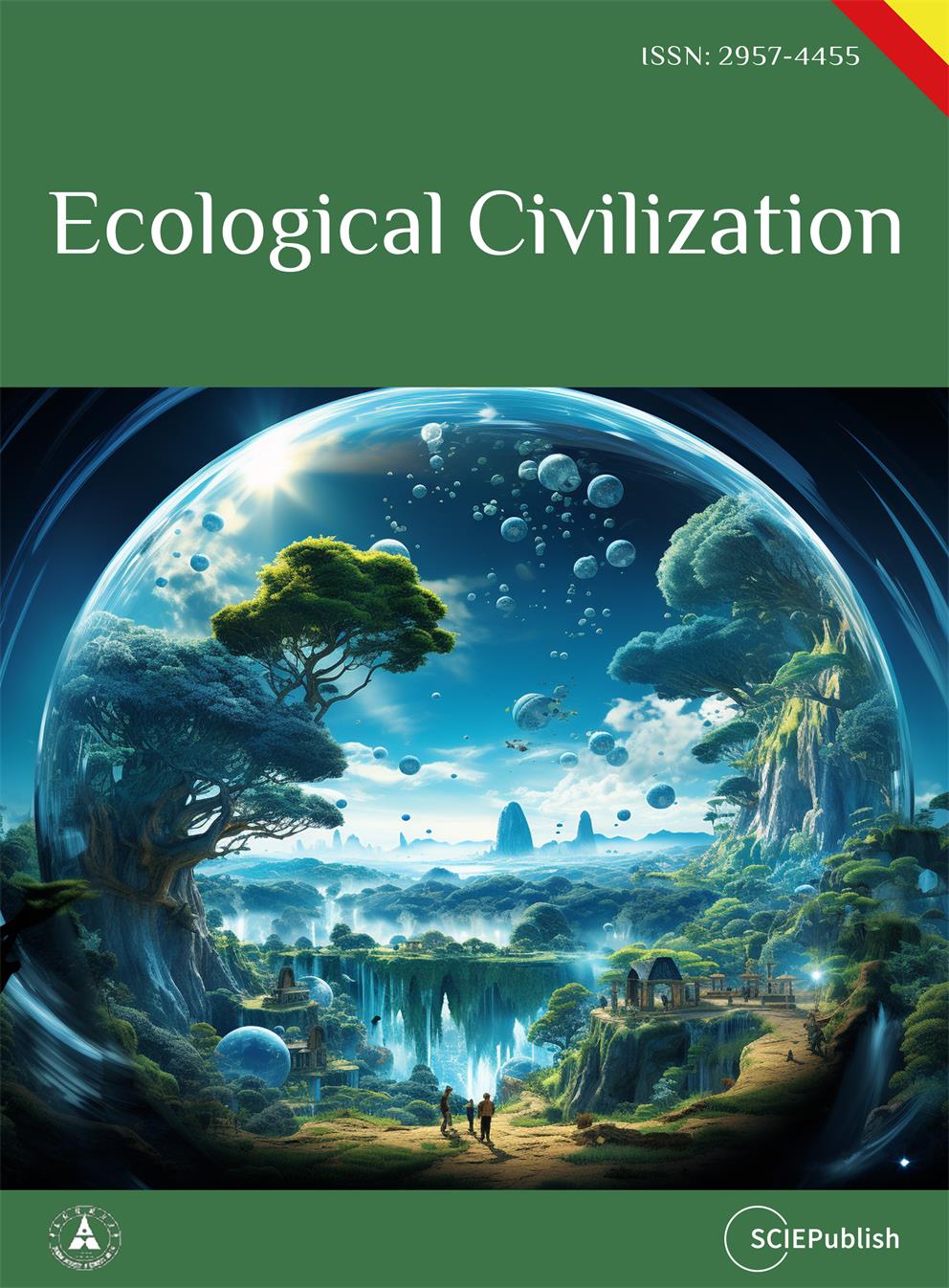Found 4 results
Open Access
Article
20 June 2025Optimization of Powder Distribution and Feeding Efficiency Using an Annular Powder-Feeding Nozzle: A Numerical and Experimental Study
The quality of spherical powders required in plasma spheroidization is particularly important to advanced manufacturing, such as additive manufacturing and thermal spray coatings. Traditional powder feeding systems, such as radial and coaxial nozzles, often suffer from suboptimal powder distribution, low powder capture efficiency, and poor control of particle trajectories. These issues deteriorate spheroidization quality and material efficiency. We propose here an innovative annular powder-feeding plasma torch for these challenges and to optimize the powder-feeding dynamics. The novel nozzle consists of a tangential powder feeding mechanism and a concentric conical structure that provides uniform powder distribution and minimizes plasma jet interference. Computational fluid dynamics (CFD) simulations and Discrete Phase Modeling (DPM), combined with a literature review, are used to study such as throat size and convergent-divergent profiles of nozzles for gas-powder interactions. Yttria-Stabilized Zirconia (YSZ) powder was used for the experimental validation of the annular nozzle; the annular nozzle was found to outperform traditional nozzles in this application with a powder capture efficiency of 75%, a deposition efficiency of 92%, and a spheroidization efficiency of 85%; 85% of the particles had a circularity index >0.9. These results indicate that powder distribution uniformity, deposition efficiency, as well as spheroidization quality are greatly improved than those from conventional plasma spheroidization systems, demonstrating the potential for better process performance for plasma spheroidization. These findings demonstrate the relevance of the optimized annular nozzle in the field of high-value material manufacturing as it yields increased coating quality and minimized material wastage.

Open Access
Article
11 April 2025Virtual Spaces of Islamic Preaching: Digital Majelis Taklim and the Changing Role of Women in Indonesia
This study investigates the changing role of women in digital da’wah and the digital transformation of Majelis Taklim (Islamic study groups) in Indonesia. As digital platforms like YouTube, Instagram, WhatsApp, Telegram, and TikTok become more widely used, this study explores how women negotiate power, shape religious discourse, and interact with audiences online. The study employs a qualitative approach using digital ethnography and critical discourse analysis (CDA) to examine the interactions and narratives shaping women’s roles in digital da’wah. Data were collected through digital observations, in-depth interviews with female preachers (ustazah), moderators, and active participants, and content analysis of Majelis Taklim sessions on social media. The study applies Fairclough’s CDA to analyze power relations within religious discourse and Van Dijk’s Critical Discourse Studies (CDS) to examine how digital da’wah reconstructs female religious authority. The results reveal a shift in women’s roles from passive participants to active producers of religious discourse. While digitalization provides broader access and participation opportunities, female preachers still face challenges in establishing religious authority, particularly in male-dominated Islamic discourses. The study finds that key themes in women-led da’wah include Islamic parenting, hijrah (religious transformation), Islamic economy, and women’s roles in Islam. Digital platforms do provide female scholars more prominence, but they also perpetuate patriarchal interpretations of religious norms. By combining digital ethnography, critical discourse analysis, and religious studies, this work adds to the conversation on Islam, gender, and digital religious practices. It shows how digital media influences women’s involvement in da’wah by presenting opportunities and limitations. Unlike other studies concentrating on male religious authority in digital da’wah, this research offers a thorough, empirical, and theoretical examination of how women manage religious influence and legitimacy online. The findings have implications for developing inclusive, digital-based Islamic education and policymaking on religious discourse in the digital era.

Open Access
Article
05 August 2024Promoting Ecological Civilization through Religious Prophetic Communication: An Interreligious Framework
This paper explores the transformative potential of religious prophetic communication in advancing an ecological civilization. Drawing upon diverse religious traditions—Christianity, Islam, Buddhism, and Confucianism—it argues that religious teachings offer profound insights and ethical frameworks essential for addressing contemporary ecological challenges. A key aspect of ecological civilization is the presence of a pervasive ecological ethos. The paper contends that religious prophetic communication plays a crucial role in cultivating such an ethos by promoting a heightened ecological conscience and consciousness among individuals and communities. Through prophetic communication, faith actors and communicators articulate moral imperatives rooted in religious principles contextualized to the present ecological situation. The paper delineates five components that make up religious prophetic communication: (1) Communicating from the position of faith; (2) Communicating in a contextually relevant manner; (3) Communicating to energize; (4) Communicating to criticize; and (5) Communicating beyond words. Applied to the ecological context, religious prophetic communication aims to affirm, stimulate imagination, clarify misunderstandings, inspire action, and confront unjust realities. By carrying out its prophetic role, religious communicators can help bring about an ecological ethos and promote the realization of ecological civilization.

Open Access
Article
11 May 2023Roots of (and Solutions to) Our Ecological Crisis. A Humanistic Perspective
Research into the sources of contemporary ecological crisis as well as ways to overcome it has been conducted for several decades. Rich academic literature provides numerous attempts to identify the causes of the crisis and its solutions. The ecological crisis is extremely complex and variously conditioned. Therefore, I focus on determining only two sources of the crisis and, respectively, two solutions. Since the late 1960s, monotheistic religions, Christianity in particular, have been made responsible for the environmental crisis. Christianity is accused of forwarding two theses which are harmful to the environment: 1. The sole purpose of nature is to serve man. 2. By God’s will, man is endowed with unlimited power over nature. I attempt to overcome this understanding of the source of the crisis by showing the interpretation of the Bible which contradicts the above-mentioned theses. Moreover, I show “the ecological potential” of the Judeo-Christian and Muslim traditions. As the second source of the crisis I indicate modern thought: 1. Man’s alienation from nature as the result of the Cartesian division of reality into res cogitans and res extensa. 2. Francis Bacon’s program: the study of nature is the task of natural sciences alone; nature is devoid of value in itself. 3. The mathematization of nature made it possible for the natural and technical sciences to develop rapidly, which contributed to the industrial revolution. I look for an antidote to this cause of the crisis in Klaus M. Meyer-Abich’s idea of man’s peace with nature which he developed as part of the practical philosophy of nature. I believe that revealing our inseparable bond with nature and showing compassion towards nature may help overcome the destructive consequences of modern thought.
